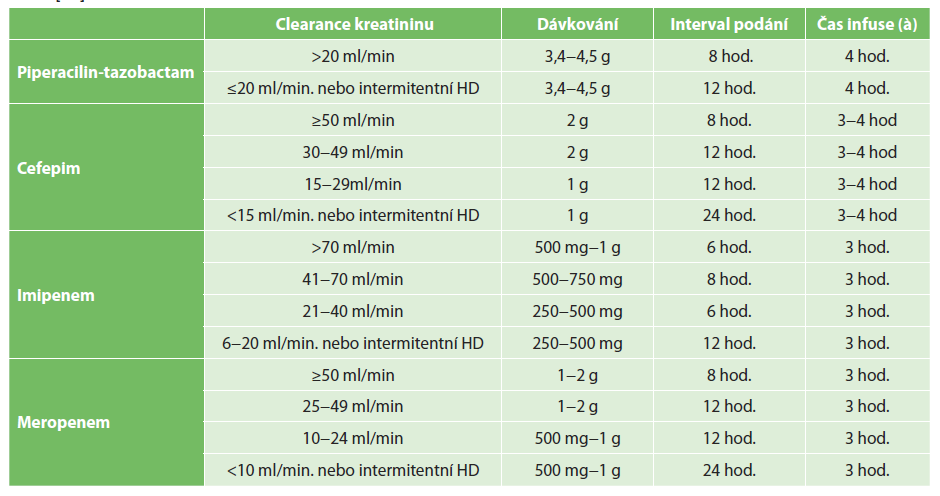Abstract
Introduction: Infectious complications after lung surgery are the most important factor that affects mortality and morbidity, prolongs hospital stays and increases financial costs. According to various sources, 30-day mortality after lung resections reaches 1−23%. Infectious complications account for 20−75% of overall mortality. The infections most often present as postoperative pneumonia (POP), and their treatment is based on empirical and targeted antibiotic therapy. Any time lag in initiating effective antibiotic therapy significantly increases morbidity and mortality. Postoperative pneumonia is defined according to current guidelines of the American Thoracic Society of 2016 as nosocomial or ventilator pneumonia in patients after surgery.
Methods: Evaluation of risk factors, infectious agents, morbidity and mortality in patients after lung resections at a single site in the period from 1 January 2018 to 31 December 2019. Results: Of our group of 190 patients, 21 (11.1%) patients had POP which was severe in 6 (33% with POP) patients, and 11 patients with POP required artificial oxygenation for saturation below 92%. Two patients with POP had to be intubated for respiratory failure, and 3 patients required noradrenaline circulatory support. One patient with severe POP died of multiorgan failure after developing refractory sepsis.
Conclusion: Early identification of lung infection and early initiation of POP therapy are critical points for reducing morbidity and mortality after lung resections. Advanced antibiotic regimens for POP stratify the risk of mortality and infection with multidrug-resistant bacterial strains. However, the regimes require modification according to the epidemiological situation at the site with individualization of the specific procedure. Other research tasks include identification of valid markers of the initial stages of infection, and targeting of antibiotic therapy according to risk stratification and the relationship with physiological flora.

